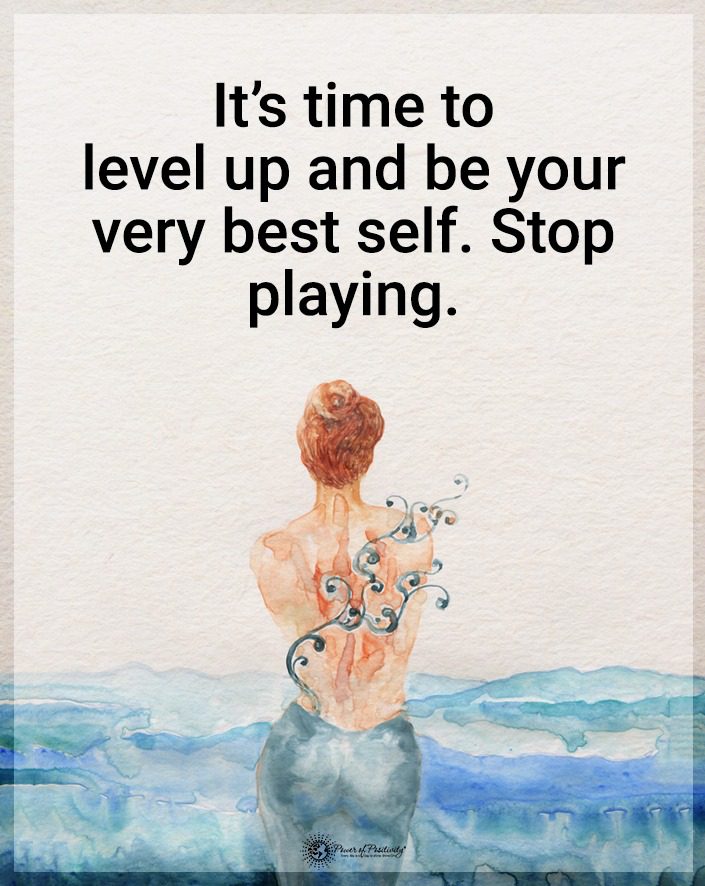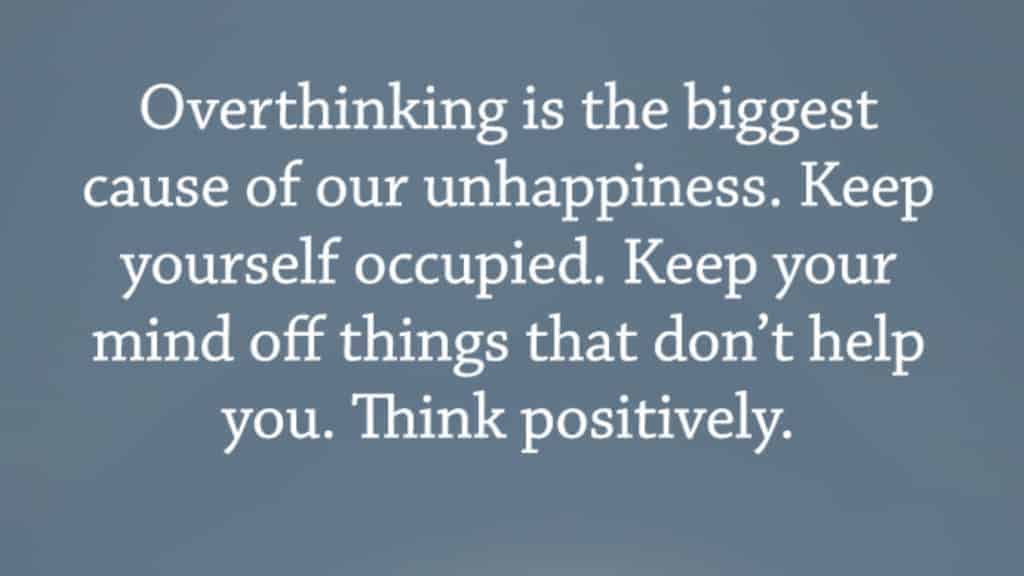Have you ever considered adding strength training to your exercise regimen? Lifting weights can be ideal for building and preserving your muscles. Plus, you can tailor an effective workout according to your abilities and fitness goals.
Although strength training takes many forms, the concept is the same. You may know it as resistance, muscular, or weight training. It uses free weights, machines, or resistance bands, states Harvard Medical School.
What Happens to Your Body When You Start Strength Training?
Do you want to tone and strengthen your body while boosting your health? Lifting weights may be one of your best options. You can target a muscle or group of muscles by lifting weights combined with other exercises.
Maybe you already have an exercise routine, but you want to give it a boost. It’s easy to incorporate strength or resistance training into any workout, backed by science. Here are ten good things that can happen to your body when you start working out and strengthening your muscles.
As with any new exercise routine, please check in with your family doctor before you start lifting weights.

1. Strength Training Helps Manage Stress Better and Improve Your Mood
Everyone has occasional bad days, and you want to go to bed and hide under the covers. Although a certain amount of daily stress is inevitable, chronic stress can be detrimental to your well-being. The overflow of stress hormones can lead to several physical and mental diseases, even premature death.
Many researchers concur that exercising can help lower stress levels. Aerobic exercises like weightlifting release endorphins or “feel good” hormones, and you may notice a mood boost. It may also help alleviate symptoms of chronic anxiety and depression.
Some of the best strength training exercises to elevate your mood are ones that move several muscle groups simultaneously, called multi-joint exercises. Try lunges, squats, or free-weight workouts. It offers a double benefit because you’re strengthening your muscles and improving your mental health.
2. You’ll Improve Memory and Brain Health
A sobering fact of life is that you slow down physically and mentally as you grow older. Your cognitive and memory functions gradually decline. However, staying active may support your brain health and minimize aging.
Neuroplasticity is the ability of your brain to create new neural connections and adapt to environmental changes. Strength exercises and other workouts move your body, increasing blood flow to your brain and boosting these vital connections. Increased neuroplasticity can keep you mentally sharp and more flexible in stressful circumstances.
Suppose you begin strength training and weightlifting while young; you’ll have a significant head-start. However, it’s never too late to start, even as a senior. You can still benefit your brain health and strengthen your body at the same time.
3. You’ll Burn More Calories and Fat With Strength Training
You’ve probably heard that adopting a healthy lifestyle includes more than just a balanced diet. You also need to exercise every day if you want to burn calories and melt excess fat. It means a total lifestyle change and commitment, not a fad diet or other questionable weight-loss gimmicks.
Do you have a few stubborn pounds that you haven’t lost? Being overweight or obese can be a significant health risk, especially if the fat is around your gut. This is called visceral fat–too much of it can lead to cardiovascular disease, diabetes, and other dangerous conditions.
4. You’ll Be More In-Tune With Your Body
If you pay close attention, your body will subtly speak to you and tell you how it’s doing. Strength training and lifting weights help you focus on your senses. You know your breathing and drive when you do squats, burpees, or lift dumbbells.
While you shouldn’t feel pain during a proper workout, you will notice stretching and tightening in your muscles. Your joints and bones will also speak to you during your daily routine. Being in tune with your body lets you know when things are going well or if something is wrong.
5. You’ll Build Stronger, Healthier Bones Through Lifting Weights
You know that strength training benefits your muscles. Did you know it can also strengthen your bones and keep them healthier? Weakened and brittle bones usually accompany aging, especially for post-menopausal women. You may lose bone mass due to lower estrogen levels.
An article in the National Institute of Health discusses the work of Dr. Julius Wolffe concerning bone strengthening. Known as Wolff’s Law, he found that forces acting upon bones can make them stronger. So, lifting weights and other strength training can help your bones stay strong and healthy.
6. Strength Training Can Help Reduce Back pain
Perhaps there’s nothing more debilitating than back pain, especially if it’s chronic. The cause is often difficult to diagnose because so many of them exist. Injury, tension, unstable core, and weak knees are just a few that can contribute to an aching back.
Maybe your struggles with back pain are the result of a domino effect. Your muscles, bones, joints, and connective tissue work together for each movement. This process is called biomechanics; if any part is out of sync, it affects the entire group.
Sometimes, a muscle or group of muscles will overcompensate for a weaker one, causing pain or injury. For example, weak glutes or hip flexors can negatively affect your lower back. Any imbalance or weakness will eventually become a painful problem in your back or any area of your body.
The key to strengthening weak muscles is exercising and using weights. They’ll be back in sync with their muscle groups as they get stronger. You may notice less pain, less weakness, and fewer painful episodes.
7. Lifting Weights and Aerobic Activity Both Benefit Your Heart
When you consider that your heart is a muscle, it makes sense that weight training can benefit it. As you do aerobic exercises, it increases your pulse and blood flow. A stronger heart and vascular system can lower blood pressure and improve circulation.
Another way resistance training benefits your heart is that it can help manage your blood glucose levels. Proper diet and exercise can also mean a leaner body, contributing to better blood sugar numbers. These lead to a healthy heart and can lower your risks of diabetes.
8. Boosts Your Flexibility and Mobility
One of Newton’s Laws says that a body at rest tends to stay at rest unless another force acts upon it. The law works in physics as well as with your body. If you have a sedentary lifestyle, you’ll remain sedentary until you start exercising.
Lifting weights and other strength exercises can make your body more flexible. It’s even more crucial that you keep moving as you get older. Daily workouts can also boost your mobility and increase your ability to stay active.
9. Strength Training Elevates Your Self-Esteem
Do you feel good about yourself when you look in a mirror, or do you cringe? Poor eating habits and little exercise can increase your weight and make you look tired. You may feel anxious and depressed, making your lifestyle even less healthy.
Once you start eating better and exercising, your body will change as well as your self-esteem. You’ll be proud of your leaner body, stronger muscles, and higher energy levels. You also boost pride when you have more endurance and can lift heavier weights.
10. Strength Training Lowers Your Injury Risks
If any part of your body is weak or sore, you don’t move easily. You’re more apt to strain a muscle or fall and hurt yourself. Strength exercises can help improve your range of motion and strengthen muscles and joints.
How to Get Started With Strength Training
You’ll be glad to know how easy it is to begin a resistance training routine. All you need is some space, comfortable clothes, and appropriate weights. These are some pointers to consider.
1. Start with Basics When Lifting Weights
If you’ve never trained with weights in the past, realize that it’s a gradual process. You don’t want to start lifting weights that are too heavy, nor do you want to overwork your body. First, try strengthening workouts without weights, such as pushups, squats, or planks.
These basic exercises focus on balance, core strength, and fundamental movement patterns. If these basics are already part of your fitness regimen, gradually add weights or resistance bands. You can also use exercise machines that provide resistance training.
2. One Step at a Time
Begin with the lowest weight or resistance band that’s right for you. Once they become comfortable in your workout, go to the next level. As you gradually increase the load, you’ll see more results in your body.
3. Easy Does It
The idea of weight and resistance training isn’t to see how much you can lift at any cost. If you feel any pain during your workout, stop immediately. Lifting free weights that are too heavy or working out too strenuously will only hurt you.
Final Thoughts on Strength Training and Its Healthy Impact on Your Body
This is the only body you have, and you want it to stay healthy for a long time. Adding strength training by lifting weights into your daily workout can help you accomplish your fitness goals. You have nothing to lose but extra pounds while you get fit and get the most out of your life.



















